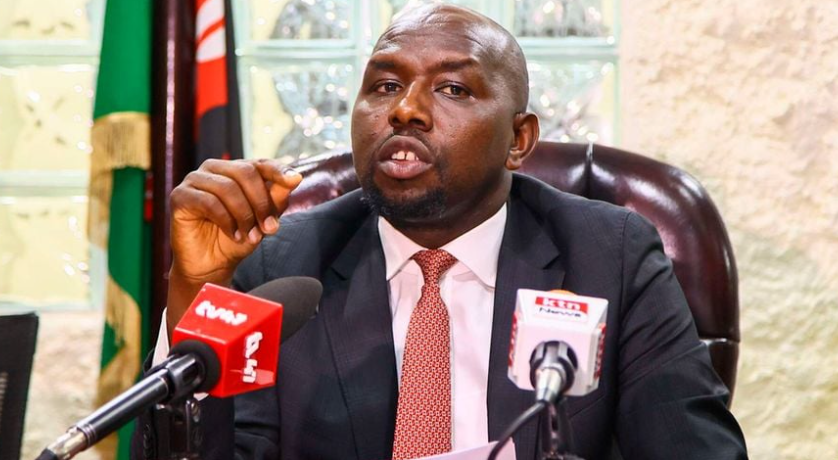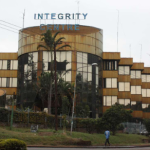The government’s efforts to finance the expected Ksh.4 trillion budget, to be presented on Thursday by the National Treasury Cabinet Secretary, have led to innovative strategies for raising resources.
One such proposal, from Transport CS Kipchumba Murkomen, suggests increasing the road maintenance levy on each litre of petrol or diesel at the pump, potentially pushing fuel prices to around Ksh.200 per litre.
CS Murkomen justified the review by citing growing demands for road maintenance, which the additional Ksh.7 could help meet in the coming years.
“We have increased the road maintenance levy by Ksh.7 to expand road maintenance and construction,” Murkomen stated.
The Kenya Roads Board’s strategic framework initially proposed raising the road maintenance levy, also known as the fuel levy, by Ksh.5 over five years, eventually reaching Ksh.23 per litre of diesel and petrol. However, CS Murkomen advocates for an earlier target, noting the progressive decline in global fuel prices.
Currently, petrol retails at Ksh.192.84 per litre and diesel just under Ksh.179. With the proposed additional Ksh.7 fuel levy, petrol would cost Ksh.199.84 per litre, meaning taxes would constitute 81% of the landed cost. Diesel taxes would rise to 71% of the landed cost, retailing at Ksh.186 in Nairobi.
Of the current Ksh.18 collected from the fuel levy, Ksh.15 goes towards road maintenance, rehabilitation, and development. The government projected to collect up to Ksh.88 billion this year from the levy. With a road network exceeding 239,000 kilometres, only 11% of which is tarmacked, CS Murkomen highlights the doubled road maintenance needs over recent years.
He estimates that Ksh.786 billion will be required over the next five years for road maintenance, against budgeted resources of Ksh.471 billion, leaving a Ksh.315 billion deficit.
Murkomen projects that the Ksh.7 increase in fuel levy could grow total collections by Ksh.32 billion annually, providing crucial resources for road maintenance. This, however, depends on the sustainability of fuel demand, which has been growing at a reducing rate.
Motorists and vehicle owners have objected to various proposals in the Finance Bill, including a 2.5% motor vehicle tax that the Finance and Planning Committee estimates could earn the government up to Ksh.58 billion.
Motorists currently face importation taxes, fuel taxes, taxes on spare parts, and mandatory vehicle insurance. The Finance Bill also proposes the Eco Levy, a new tax affecting several products, including motor vehicle parts.
In budget provisions approved by the National Assembly, Ksh.199 billion is proposed for the roads department, with Ksh.127 billion allocated for capital expenditure. CS Murkomen, however, argues that this amount is insufficient to meet the country’s needs.



